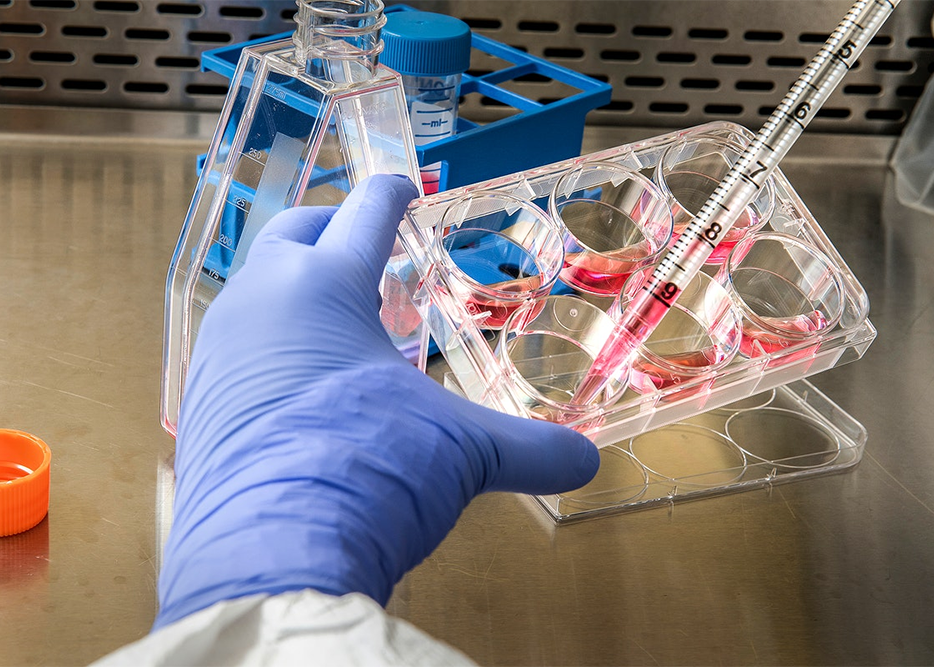With the COVID-19 pandemic still going strong, we were struck by the monkeypox outbreak in May, even though a vaccine existed. “Why weren’t we able to stop the monkeypox outbreak?” BIO’s CEO and president Dr. Michelle McMurry-Heath asks in her latest I am BIO Podcast.
The podcast looks at how we can better prepare for the next inevitable outbreak or pandemic:
According to Dr. Lynn Goldman, a top epidemiologist at George Washington University, “monkeypox is not constantly evolving. It is probably an older virus in the human population. Population genetics would say that over time, viruses quit shifting quite so rapidly.” Dr. Goldman tells the podcast that monkeypox vaccine availability has been “terrible,” explaining that those in charge of stockpiling vaccines deployed them “in a certain way that’s very different than how you deploy a vaccine with an epidemic that is happening.”
According to Dr. Asha George of the Bipartisan Commission on Biodefense, some of the vaccines could’ve made their way to Africa to help tackle the 2017 monkeypox outbreak there, but instead, they were allowed to expire unused. The United States was forced to scramble to replenish supplies, she says, after the stockpile we held against a smallpox bioterror threat—vaccines that also worked against monkeypox—was depleted due to age, decreasing from 20 million at its peak to 2,400. At the same time, according to Dr. George, “the manufacturing capacity for smallpox vaccine is not keeping up with demand.”
Recalling the lessons about government-industry collaboration, which we learned through Operation Warp Speed, will help us find a solution for the next outbreak or pandemic, Dr. John Redd of the Medical Countermeasures Coalition tells the podcast. “There needs to be a central body that brings together people from industry and academia, and works with people from the government in order to develop sound policy,” he says.
“It is tempting to move on once a crisis is behind us, but as we’ve learned today, we can’t afford to stop preparing for the next pandemic, and it could be even worse, especially if no one is paying attention,” says Dr. McMurry-Heath. We must “invest in the research, development, and biomedical infrastructure that will help us respond when the time comes.”




